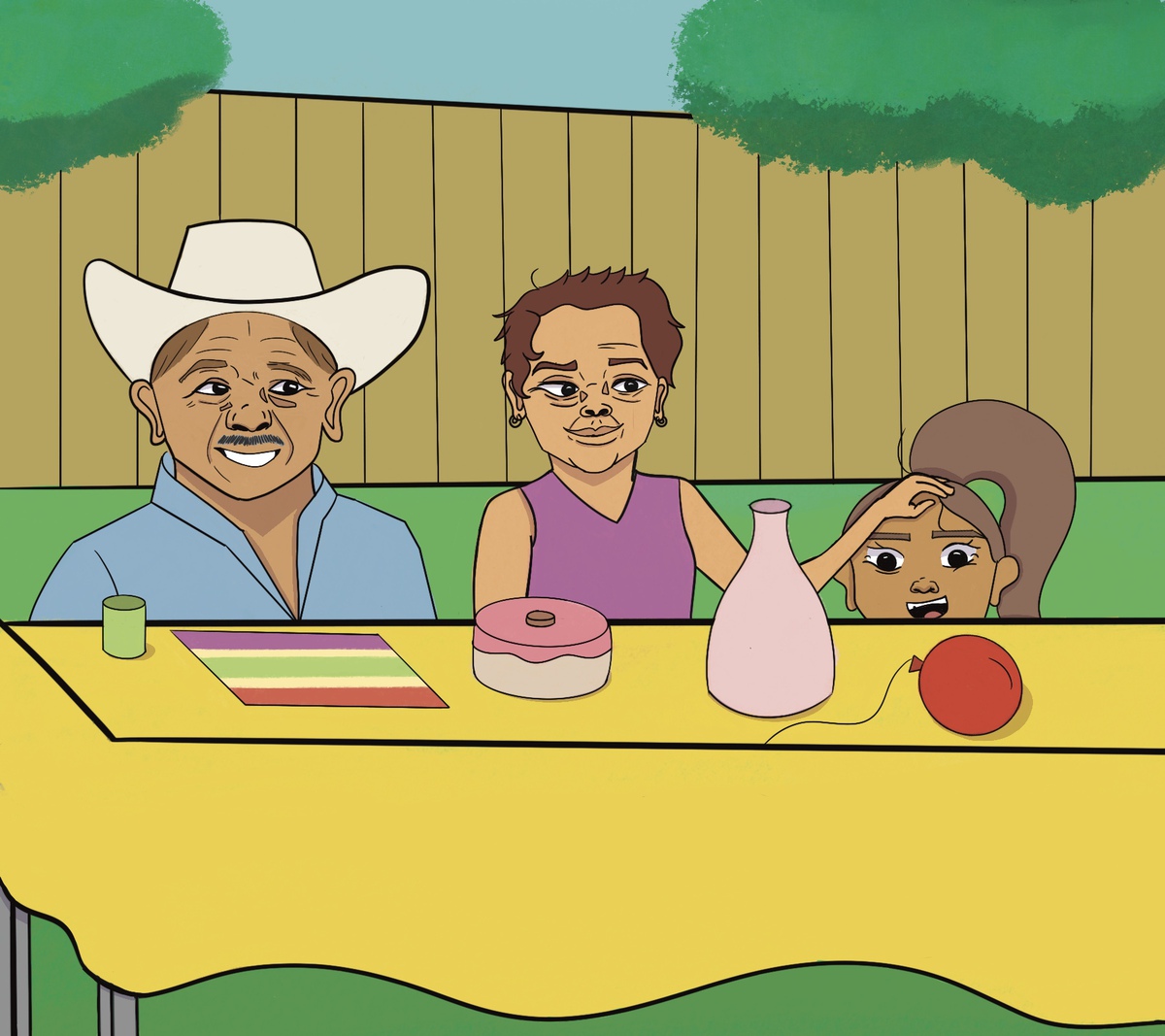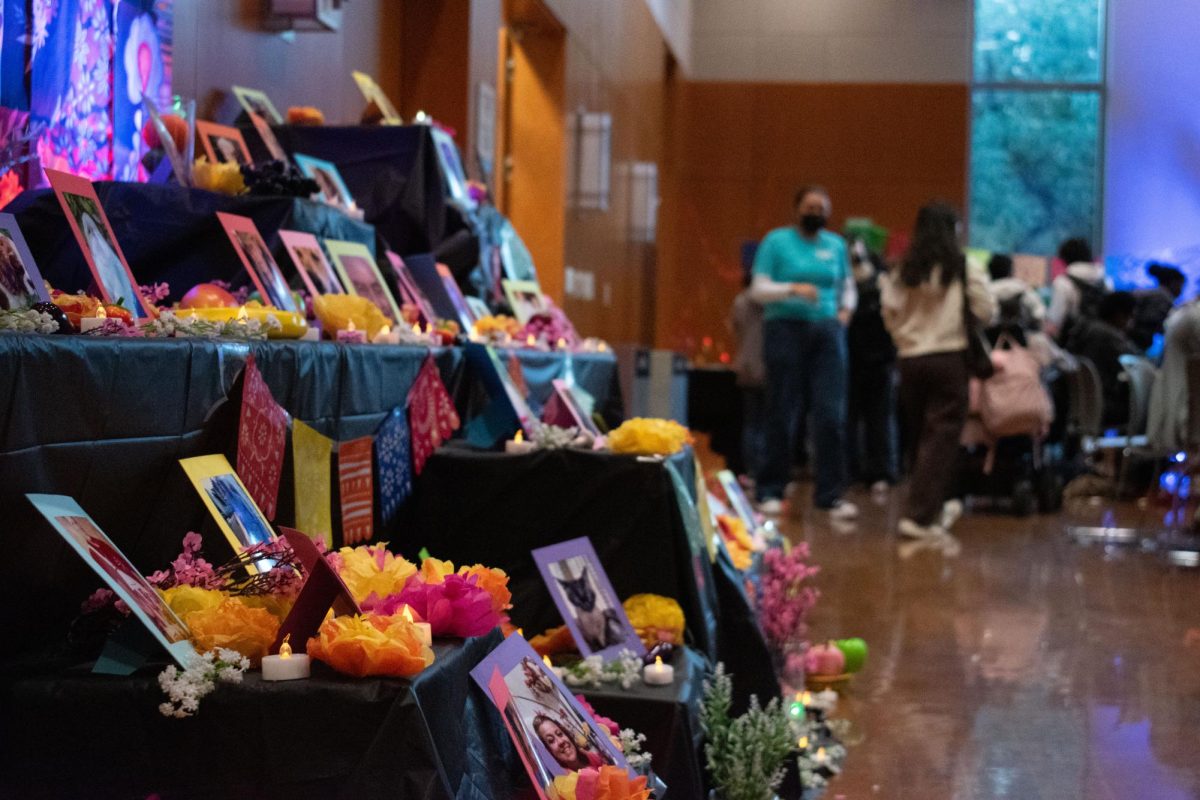The University of Texas at Austin is one of the world’s leading research universities, but research is more than just numbers. It’s essential to the development of quality human life, and Elma Lorenzo-Blanco, Ph.D. along with her research team, have been contributing to the human enrichment with Project JUNTOS.
The JUNTOS lab or Project JUNTOS, used interchangeably, is in the Department of Human Development and Family Sciences within the College of Natural Sciences. The lab has two current projects: JUNTOS Familia and the Freshman Survey Project.
Isabella Hernandez, project coordinator for the JUNTOS Lab, said that the main purpose of JUNTOS Familia is to create an intervention program that helps the Latinx and Hispanic community use the strengths that they already have from their culture, families and what they’ve learned throughout their life so that cultural stressors don’t negatively impact their well being.
“Cultural stressors are unique experiences that people in a certain cultural or ethnic group have that many people outside of that group don’t. … We talk about discrimination and racism as cultural stressors,” Hernandez said.
For JUNTOS Familia, the population the lab works with is high school students in 9th or 10th grade that identify as Latinx or Hispanic, and also the parents of these students. The intervention itself is a 10-12 week long program where participants engage in classes separately as parents and as students.
“We then bring them together so we can help develop that familial community that’s already there. We’re trying to help by strengthening these family bonds and helping students to learn and explore different ways to manage stress, with discrimination and racism specifically,” Hernandez said.
The second part of Project JUNTOS is the Freshman Survey Project which assesses the experiences of first year Hispanic or Latinx undergraduate students at UT through an online survey.
Isabel Serralde, a public health senior and research assistant for the lab said that the Freshman Survey Project is longitudinal because the lab follows the students throughout their time at UT to see how they evolve. Serralde said that the survey shows more concrete results.
“Nearly 30% said they felt isolated at UT at some point during their freshman year. 21% felt there was a culture shock of being Latino here at UT. 17% said they feel there is a lack of community (here at UT). 13% said they were not prepared for this experience in college because sometimes being Latino means you are the first generation to be here in college,” said Serralde in Spanish.
“We want to take that data and tell them that they do have a home and family here at UT,” said Serralde in response to the general struggle of imposter syndrome that was felt among many of the Freshman Survey Project participants.
Elma Lorenzo-Blanco, Ph.D., the principal investigator for Project JUNTOS said that the Freshman Survey Project resulted from conversations she had with students in her classroom and research labs, but that her research has always been motivated by understanding the lived experiences of the Hispanic or Latinx population.
“The (Hispanic and Latinx) population is very resilient and strong given that Latinos and Hispanics face a lot of barriers in the United States related to who they are and are perceived to be,” said Lorenzo-Blanco.
The members of the lab said that it is critical to study the Latino and Hispanic community because current studies in human development are based on non-latino populations and therefore are considered incomplete.
Lorenzo-Blanco said the Freshman Survey Project might end next year, and that JUNTOS Familia might continue for a couple more years, but that there will be a continuation of research studies in the future.
Editor’s note: This story was originally reported in Spanish. Check out more of our original Spanish reporting on our Texan en Español Reporting page.











